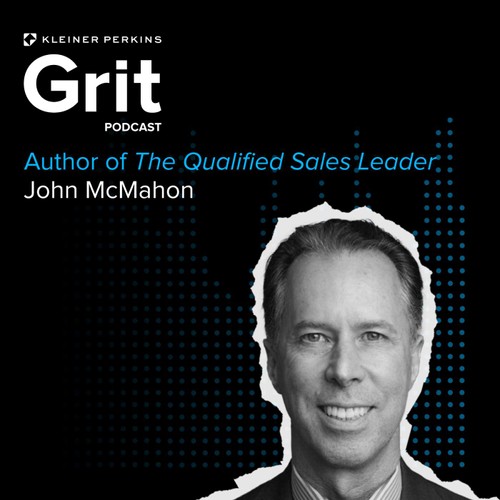
 Grit
Grit #173 Author of “The Qualified Sales Leader,” John McMahon: The Five-Time CRO
22 snips
Jan 15, 2024 John McMahon, author of The Qualified Sales Leader, discusses the challenges of sales, the importance of persistence, corporate culture vs. coaching culture, identifying sales talent, and the intense nature of being a CRO. They also talk about the significance of building relationships, coaching and showing care in sales leadership, and the defining features of successful companies. Additionally, they explore the concept of PLG, adaptability in leadership, and the importance of grit in organizations.
AI Snips
Chapters
Transcript
Episode notes
Focus on Characteristics in Interviews
- Focus on interviewing a candidate's characteristics, not just their resume.
- Characteristics are the game-changer in sales; skills and knowledge can be taught.
Fieldwork for Sales Leaders
- Go out into the field with salespeople to understand their true experiences.
- Don't rely on filtered reports; direct observation reveals ground truth.
True Corporate Culture
- McMahon challenges the notion of superficial corporate cultures.
- True culture develops employee competence, not just perks.

